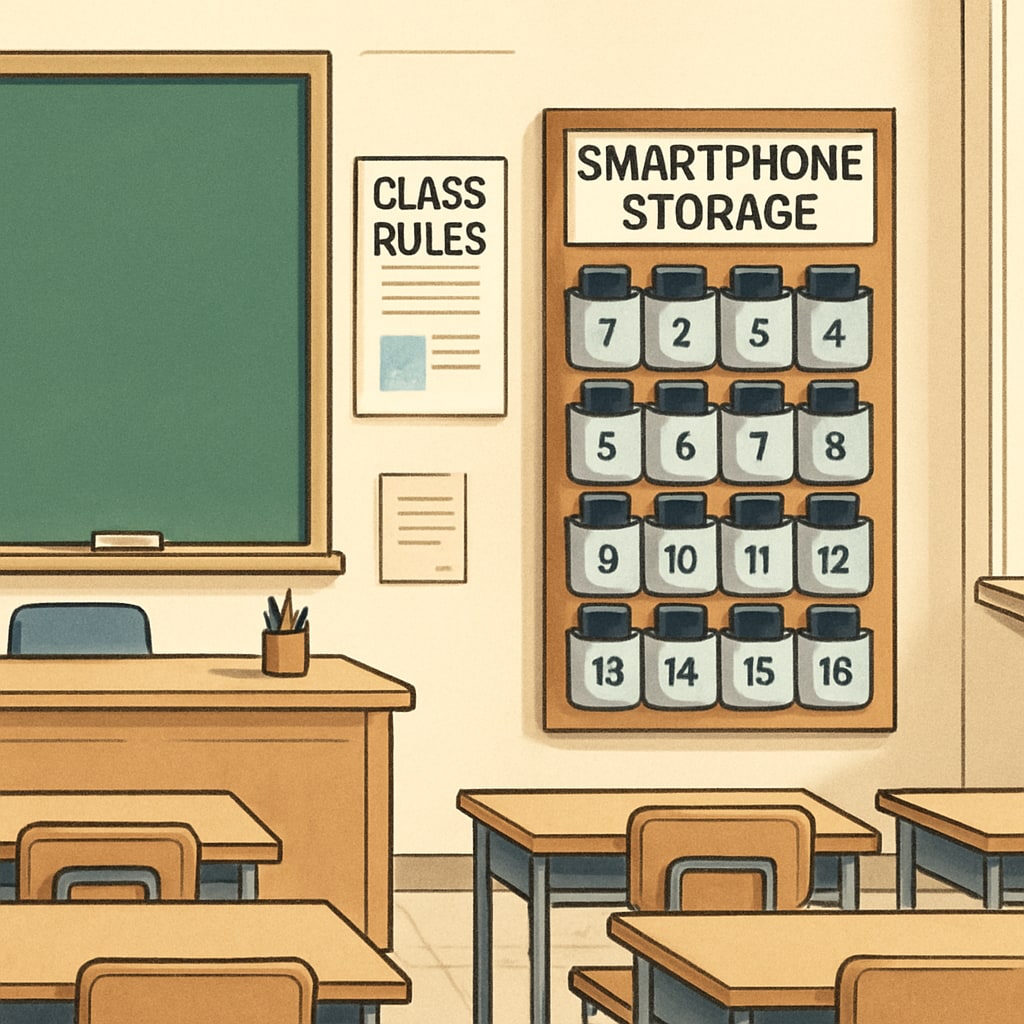The implementation of smartphone bans in K12 schools has sparked heated debates among educators, parents, and policymakers. While proponents argue that these bans enhance school safety, reduce learning disruptions, and address resource allocation challenges, critics highlight the unintended consequences of such policies. In this article, we explore the benefits and drawbacks of smartphone bans and propose balanced solutions that address the needs of modern educational environments.
The Rationale Behind Smartphone Bans in Schools
Supporters of smartphone bans often cite several key reasons for their implementation:
- Minimizing learning disruptions: Smartphones can divert students’ attention from lessons, leading to decreased focus and academic performance.
- Enhancing school safety: Restricting smartphones reduces the likelihood of cyberbullying and limits unauthorized recording or sharing of sensitive content.
- Equitable resource allocation: Not all students have equal access to smartphones or personal devices, and bans can help level the playing field.
For example, studies cited by Edutopia suggest that reduced screen time in classrooms fosters better social interactions and academic engagement. However, the effectiveness of bans depends on their enforcement and the cultural context of schools.

Challenges of Enforcing Smartphone Bans
Despite the merits, smartphone bans present unique challenges:
- Parental concerns: Parents often worry about their ability to contact their children during emergencies.
- Loss of learning opportunities: Smartphones can serve as valuable educational tools when integrated into lessons effectively.
- Enforcement difficulties: Ensuring compliance with bans can strain school resources, requiring additional staff training or monitoring systems.
For instance, a Britannica article highlights how digital tools, including smartphones, can support personalized learning and foster digital literacy. A complete ban risks depriving students of these benefits.

Balanced Alternatives to Smartphone Bans
Rather than outright bans, many schools are exploring balanced approaches to smartphone management. Here are some strategies:
- Designated usage zones: Allow smartphone use in specific areas, such as cafeterias or outdoor spaces, while keeping classrooms device-free.
- Scheduled use policies: Teachers can incorporate smartphones into lessons at designated times for research, quizzes, or interactive activities.
- Digital literacy programs: Educating students on responsible smartphone use helps them develop self-regulation skills and ethical online behavior.
These strategies not only minimize the downsides of unrestricted smartphone use but also prepare students for a digital world where technology is omnipresent.
Conclusion: A Call for Collaborative Solutions
Smartphone management in schools requires a nuanced approach. While bans address immediate concerns like learning disruptions and safety, they may overlook the potential benefits of integrating technology into education. By adopting balanced policies that involve educators, parents, and students, schools can create environments where smartphones enhance rather than hinder learning. The goal should not be to eliminate technology but to harness its power responsibly and effectively.
In the era of rapid digital transformation, the debate over smartphone bans is unlikely to fade. However, with thoughtful policies and collaboration, schools can navigate these challenges, ensuring that students thrive academically, socially, and digitally.
Readability guidance: This article uses concise paragraphs, clear headings, and balanced arguments. It avoids excessive jargon, incorporates lists to summarize key points, and maintains a professional yet accessible tone for educators and policymakers.


